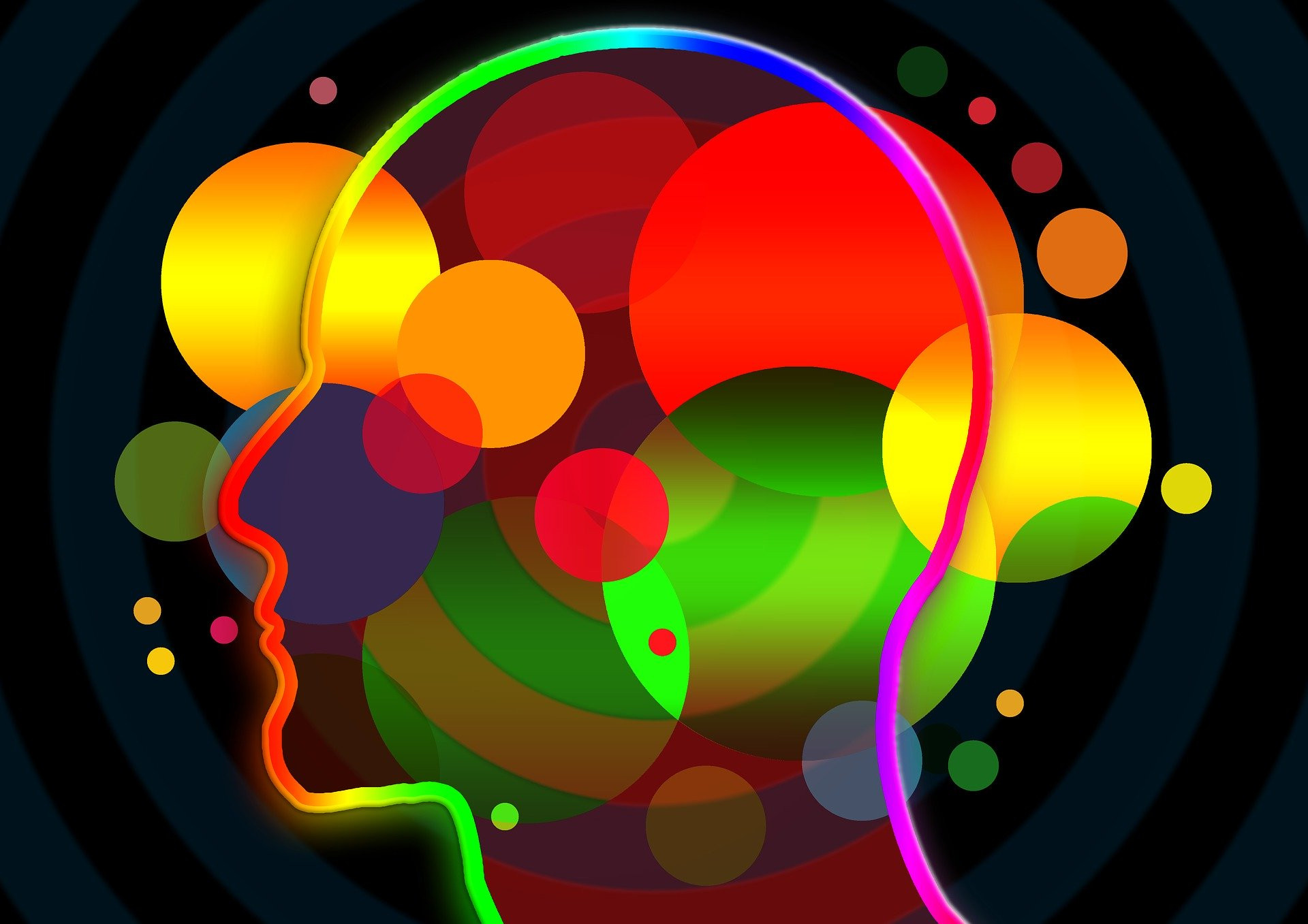Cognition and behaviour

Exploring the brain mechanisms underlying aspects of cognition and behaviour in autism
Understanding how our brains work, and specifically how the brains of autistic people differ from those who are not autistic, could lead to breakthroughs in ways to help autistic people. For example, those who report distressing sensory experiences may want a medication to relieve this. In order to develop such medication, researchers must first understand how those sensory experiences work – the biology underpinning them.
With this in mind, AIMS-2-TRIALS researchers are using a variety of techniques to advance our knowledge of biological mechanisms underlying different aspects of autism, including:
What do we mean by ‘cognition’?
At the simplest level, the words ‘cognition’ or ‘cognitive’ mean related to thinking or thought. However, the terms actually cover many aspects of brain function, including:
- taking in information via the senses
- paying attention
- storing and retrieving information (memory)
- processing information, for example recognising patterns, making calculations, reasoning and planning








